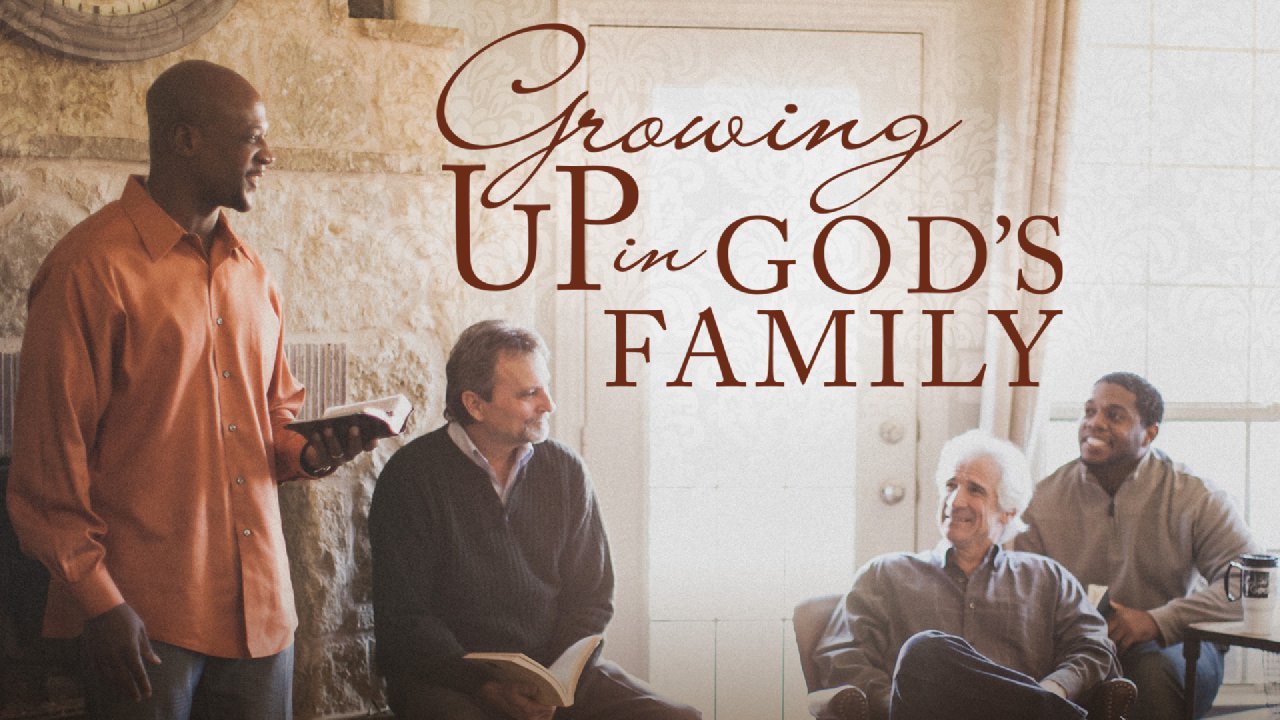One of the most remarkable eras in the history of the church occurred during the first century. Shortly after Christ had left the earth, His disciples (who became apostles) led congregations into new and exciting vistas of faith. Though young and relatively inexperienced, the believers who comprised the first-century church showed evident marks of maturity . . . the children were now growing into adolescence! As we shall see from this particular account, they were willing to take Jesus' teaching seriously and model those truths in the local church. We hope to glean from these verses three of the more pronounced characteristics of a body of Christians who refused to remain childish in their walk of faith. Ultimately, our goal is to emulate the first-century example in our congregations today.

Three Proofs of Growth
Message 8
Pastor Chuck Swindoll
Analysis of a Crop Failure
Pastor Chuck Swindoll • Mark 4:1–20
Jesus was the master teacher. Against relentless and hostile opposition, and in spite of many who followed Him for all the wrong reasons, He spoke with wisdom and taught with skill. Among the methods He preferred to use, the parable was one of His favorites. By placing a familiar and simple word picture before His audience, Jesus was able to draw out profound analogies that have intrigued even the brightest minds for centuries. In this message, we'll look at His first parable, one that carries with it remarkable relevance to this very day. We shall see ourselves in one of the types of soil Jesus talked about, and only you can know for sure which soil you are in. Let us here, then, heed His counsel.
Growing Up in God's Family
Pastor Chuck Swindoll • Ephesians 3:14–21
There is one common analogy used throughout the New Testament regarding the local church. It is not a business, farm, team, school, or hospital, though those word pictures are frequently used by us to convey various dimensions of congregational life. The most often used analogy is that of a family. God is our Father; we are called His offspring—sons and daughters, brothers and sisters, even fellow heirs. Since this is true, it stands to reason that congregations, like families, go through definite ages and stages as they progress toward maturity. This message will help us gain an overview of where we are going. In the process, we'll discover some of the reasons and results of an interrupted growth process.
Ages and Stages of Growing Up
Pastor Chuck Swindoll • 1 Peter 2:1–3
Few things are more thrilling than birth. And on top of that, the time of infancy that follows is both exciting and intriguing. All who work with babies and bottles, toddlers and high chairs, building blocks and toy boxes enjoy one of the special delights life offers. It may be exhausting, but there are special moments of sheer exhilaration, unduplicated by any other involvement. Yet with all the thrills, there are also the threats unique to newborns. Being so tiny and dependent, their little lives often hang perilously close to danger and death. What is true of infant humans is equally true of infant believers in God's family. As we shall soon discover, their needs are great, their hunger is constant, their discernment is nonexistent, yet their potential is nothing short of remarkable.




